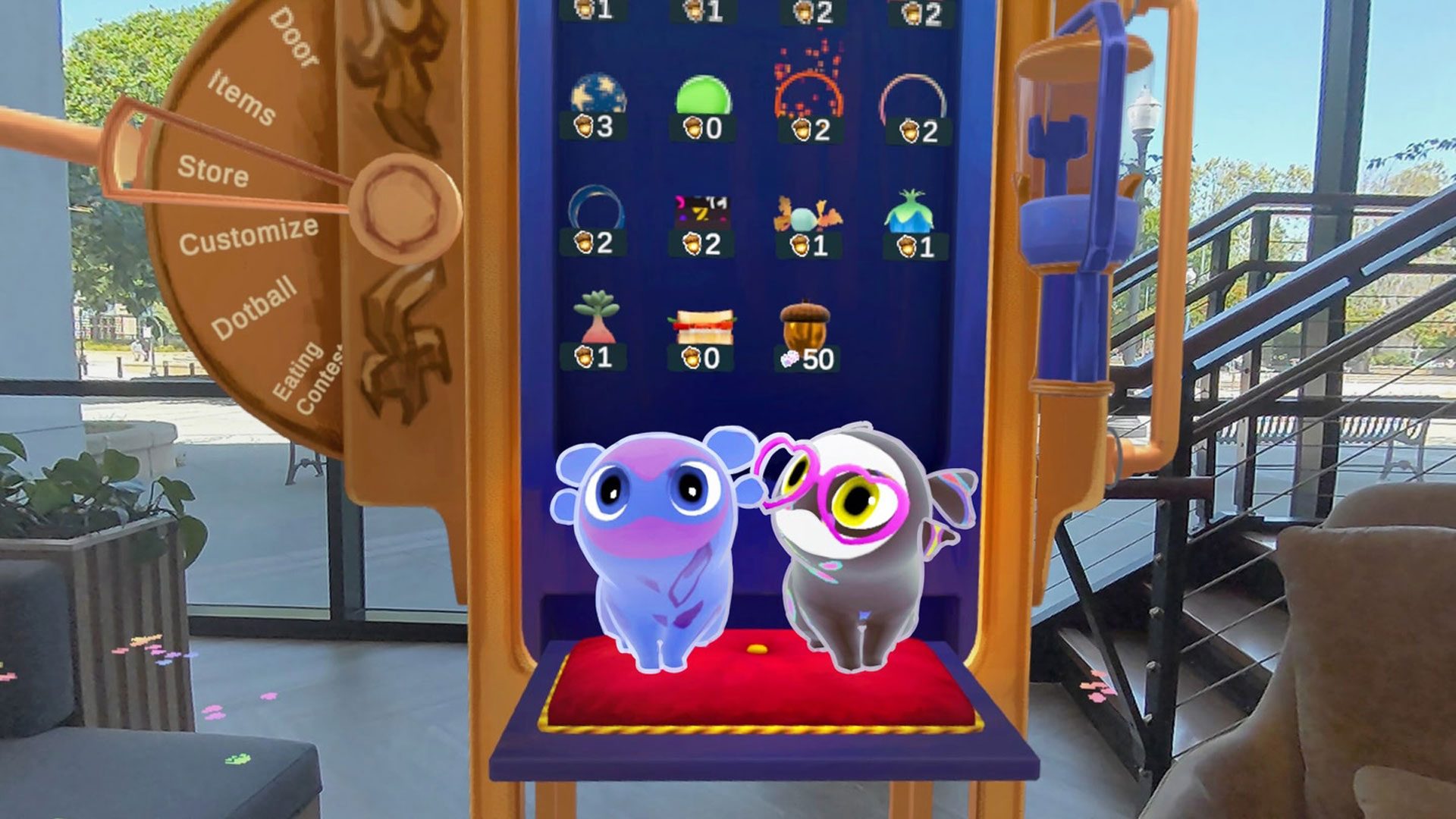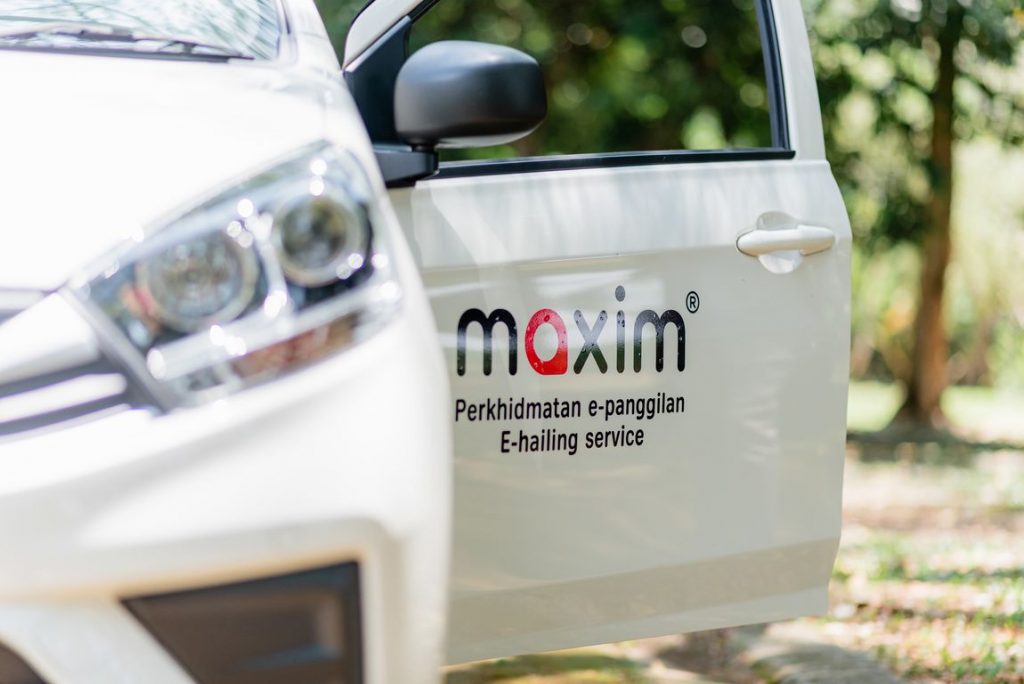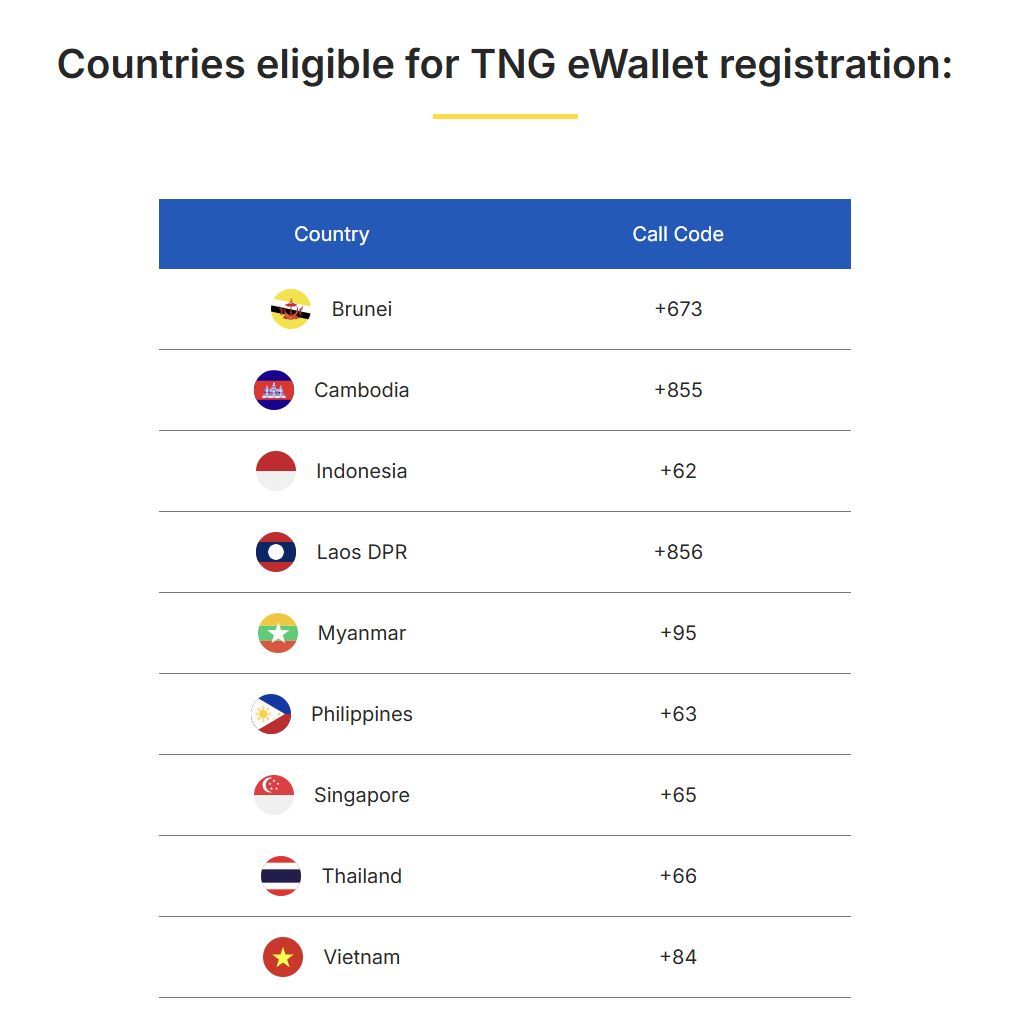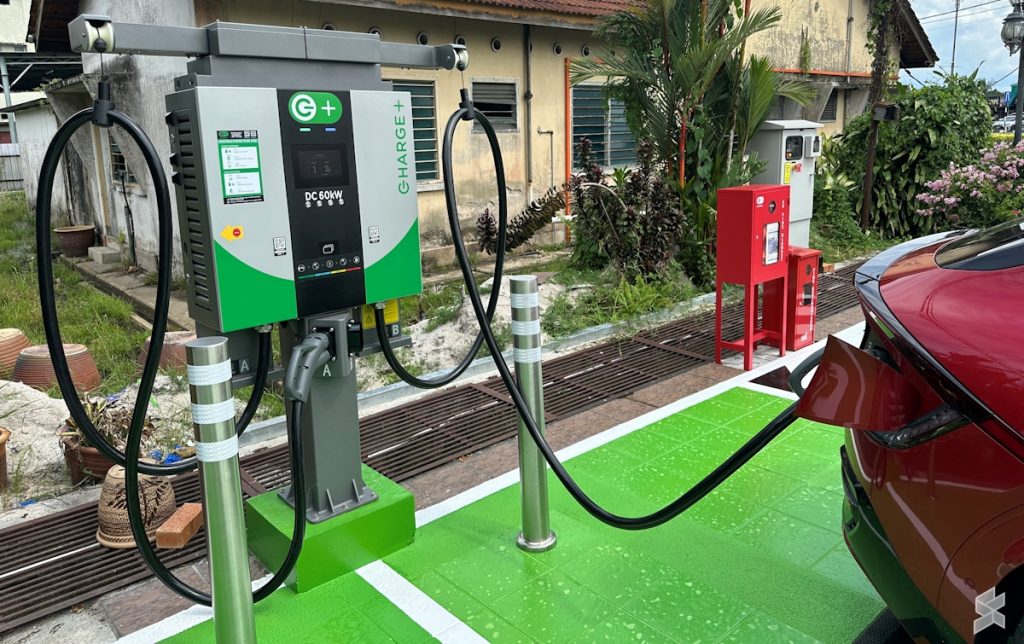Meta CTO Andrew ‘Boz’ Bosworth says the company would “love” to have some sort of Discord integration on Quest in the future, pending interest from Discord, that is—once again highlighting the fact that Quest really just needs Google Play.
Meta isn’t exactly throwing its weight around to tempt Discord into supporting the Quest platform, although that’s probably equally true for a ton of services currently missing from Meta’s XR app store. The official Quest Store doesn’t have Spotify, Google Chrome, Mozilla Firefox, TikTok, any VPN services, or any of the myriad of mobile apps and games that you can download right now on a $50 Android phone.
Granted, you can sideload those things on Quest with the help of SideQuest and the app’s specific apk file, or run many services in a web browser. Still, that’s a far cry from having them as officially integrated services you can just download from the store—like Apple does with Vision Pro, which, besides a few key competitors, supports millions of iOS apps.
In Bosworth’s latest Instagram AMA, he calls the issue “one of those things where, if you have friends and family at the Discord team, reach out and encourage them to consider it.” Putting that into perspective: the trillion-dollar market cap company hopes it can convince Discord by getting you to ask your cousin Rayray who works there.
“I’m sure everyone out there is exited to do integrations with them. If their product leadership is getting reach-outs from customers, saying “hey, this is a thing that I want,” hopefully that tips the scales in terms of [supporting Quest],” Bosworth says. “But in the meantime, the platform is open, the invitation is open. We’d love to have them in. I think it’s a great product and it would be a great fit for our two communities to come together.”
Holding out hope for specific developer interest has basically been Meta’s modus operandi since the release of Samsung Gear VR in 2015—an ongoing side effect of not being able to tempt Google into bringing Play store to its Android-based VR headsets.
Bosworth says Google and Meta held talks in 2023, but ultimately Google was the one to leave the table. Now, months after those talks were held, Meta has ostensibly lost hope completely of getting that turn-key app support only Google can offer. Here’s what Bosworth said in March:
They could bring the Play store (with its current economics for 2d apps) and add value to all their developers immediately, which is exactly the kind of open app ecosystem we want to see. We would be thrilled to have them. It would be a win for their developers and all consumers and we’ll keep pushing for it.
Instead, they want us to agree to restrictive terms that require us to give up our freedom to innovate and build better experiences for people and developers—we’ve seen this play out before and we think we can do better this time around.
Whatever the case, Google may have its reasons why it can’t (or won’t) bring its millions of mobile apps to Meta’s fast approaching family of devices. It may be getting ready to compete with the help of Samsung. Maybe. We still haven’t heard anything about that device, or whether Google is actually putting real skin in the game with the release of a fully-fledged Android XR operating system fit to launch on other headsets, so there’s no telling what will happen.
In the meantime, Meta appears to be looking to out-Google Google by releasing its XR operating system to third-party OEMs for the first time, which initially is set to include ASUS, Lenovo, and Xbox. Still, it remains to be seen whether Meta can attract that critical mass of Android developers in time to compete with Apple as it eventually releases its second (hopefully cheaper) iteration of Vision Pro. To do this, Meta needs to sell a lot of XR headsets running its Horizon OS (ex-Quest OS) to get those developer eyeballs looking in the right place.






